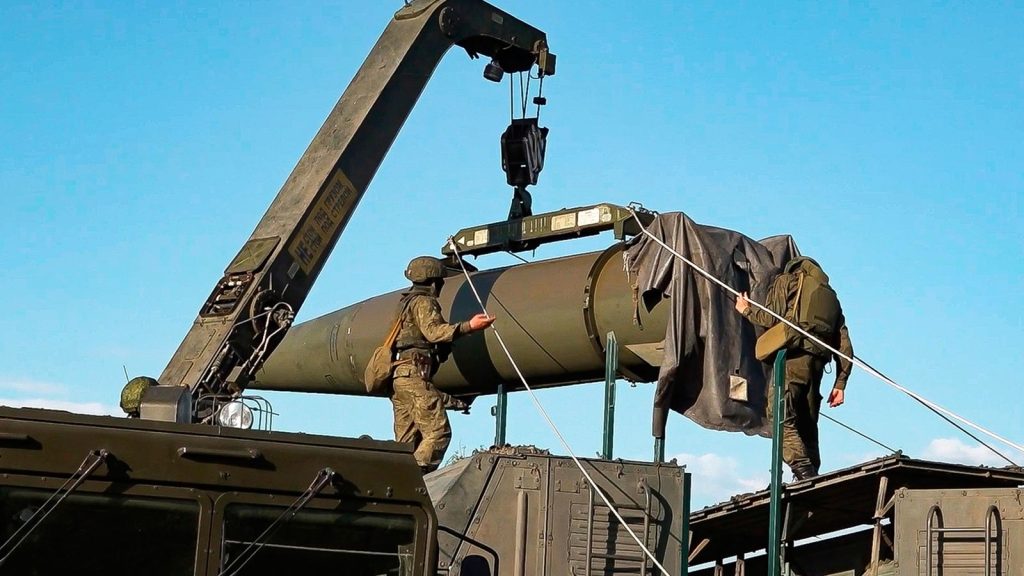Zelenskyy’s Support for Moldova’s Political Victory
In a significant political development, Ukrainian President Volodymyr Zelenskyy has publicly congratulated Moldova’s ruling party on its resounding victory over Russian-leaning rivals in the recent parliamentary elections. This gesture not only underscores the growing collaboration between Ukraine and Moldova but also signifies a critical moment in the region’s ongoing struggle against Russian influence.
Resisting Russian Influence
Zelenskyy emphasized that Russia had failed to destabilize Moldova, despite extensive efforts and resources aimed at undermining the country’s integrity. His statement highlights a broader narrative: the Kremlin’s attempts to exert control through political manipulation have been met with resistance. “Even after spending huge, huge resources to undermine it and to corrupt whoever they could, Russia’s subversive influence will not spread farther into Europe,” Zelenskyy asserted. This declaration reflects a strong commitment to mutual sovereignty and democratic values shared between Ukraine and Moldova.
The Importance of Continued European Support
Amid these challenges, Zelenskyy stressed the importance of ongoing European support for Moldova. The assistance from European allies will be crucial in bolstering Moldova’s political stability and democratization efforts. As Moldova seeks to align more closely with European institutions, the backing from fellow European nations becomes an essential pillar for its political security. Zelenskyy’s remarks serve as a reminder of the interconnectedness of regional security in the face of external threats.
Congratulatory Message to Maia Sandu
In addition to celebrating the electoral victory, Zelenskyy took to social media platform X to extend his congratulations to Maia Sandu, Moldova’s pro-European president. This connection between Zelenskyy and Sandu symbolizes the deepening ties between Ukraine and Moldova, reinforcing their shared goals for a more democratic and European-integrated future. Sandu’s leadership has been pivotal in navigating the complexities of Moldovan politics, especially in countering external pressures.
Context of Russian Interference
Moldova has historically been a focal point for Russian attempts to sway its political landscape, particularly in light of the ongoing conflict in Ukraine. Since Russia’s full-scale invasion of Ukraine, the pressure on Moldova has intensified as Moscow seeks to exploit vulnerabilities in the region. This situation highlights the delicate balance Moldova must maintain as it strives for democratic reforms while defending against external manipulation.
Proposing a Joint Aerial Shield
During his speech at the Warsaw Security Forum, Zelenskyy expanded the conversation by advocating for a collaborative defense initiative among Poland and other European allies—a joint aerial shield to counter Russian threats. He articulated a proactive stance, stating, “Ukraine can counter all kinds of Russian drones and missiles, and if we act together in the region, we will have enough weapons and production capacity.” This appeal marks an important step toward a collective security arrangement, emphasizing the need for unity in the face of common threats.
The Stakes for European Security
Zelenskyy’s remarks not only focus on Moldova but also address broader implications for European security. The repeated challenges posed by Russia to NATO territory demand a coordinated response. By proposing a joint defense strategy, Zelenskyy envisions a strengthened regional alliance capable of deterrence, which is increasingly vital given the current geopolitical climate.
A Future of Collaboration
As the political landscape in Eastern Europe continues to evolve, the collaboration between Ukraine and Moldova serves as a beacon of hope for nations aspiring toward democracy and European integration. Zelenskyy’s recent statements encapsulate the urgency of combating external threats effectively while fostering a more unified approach to security in the region. The ongoing support for Moldova and proactive defense strategies may pave the way for a more stable and secure Europe, demonstrating the potential for solidarity in a troubled neighborhood.

